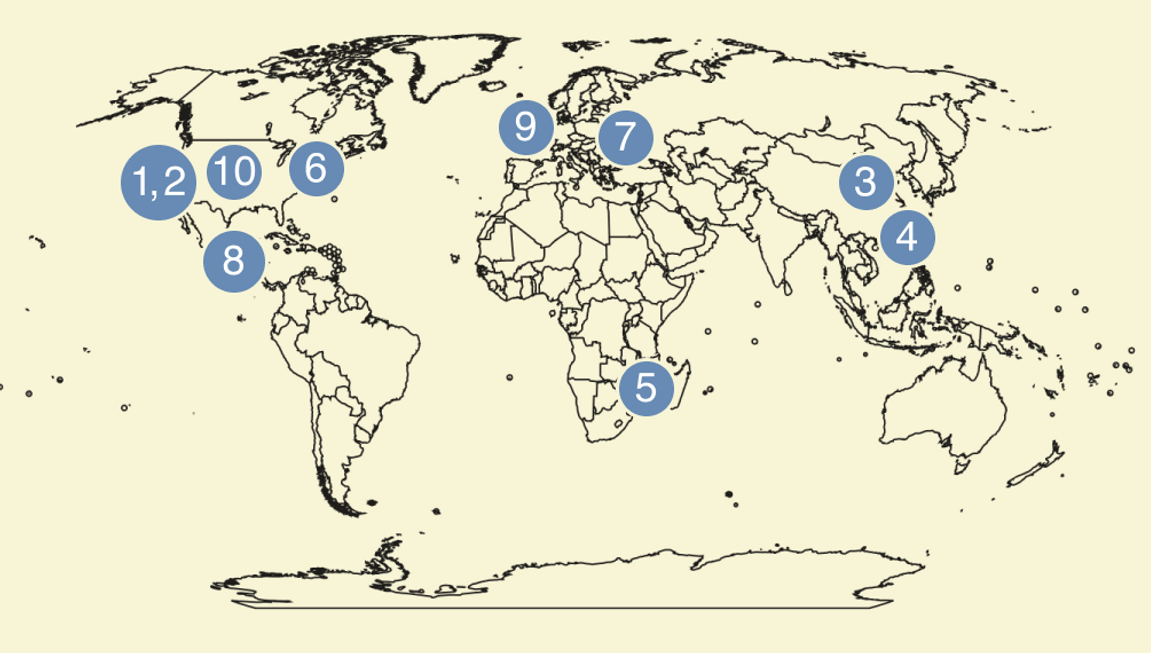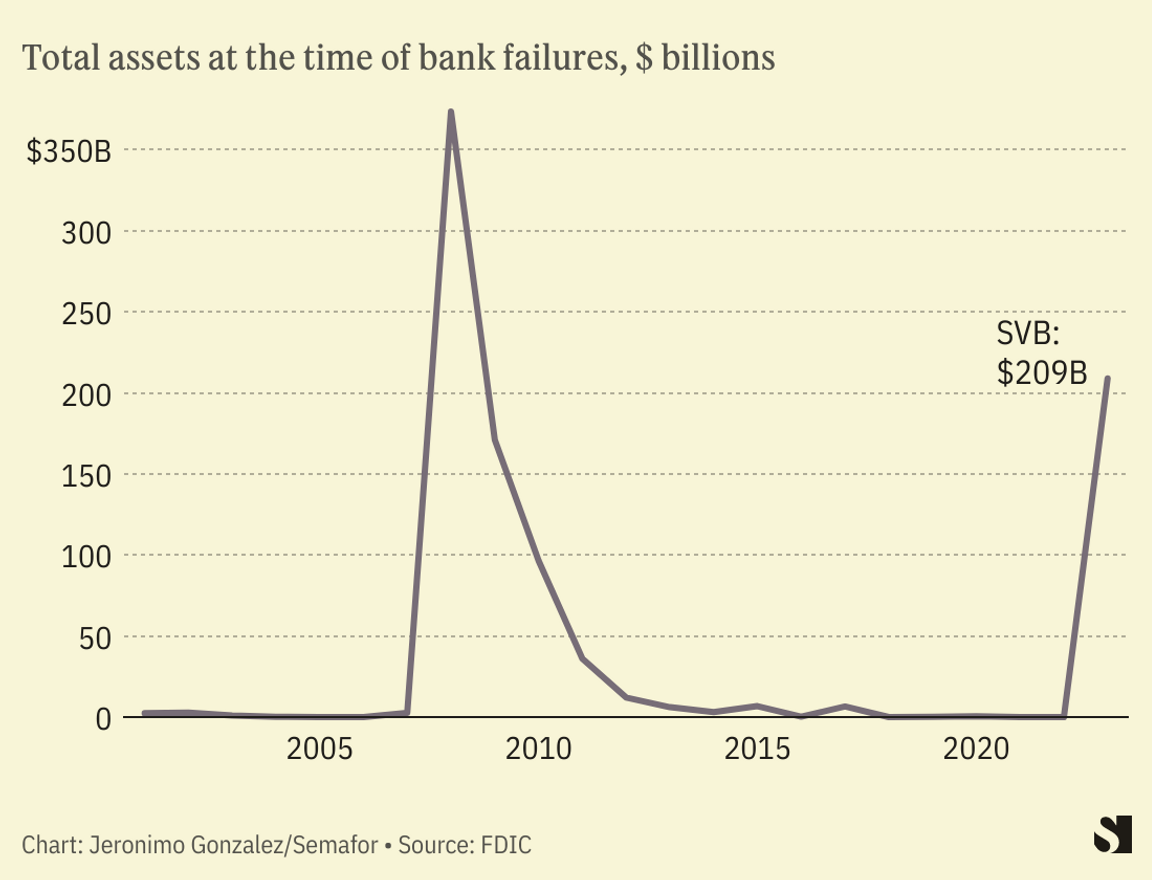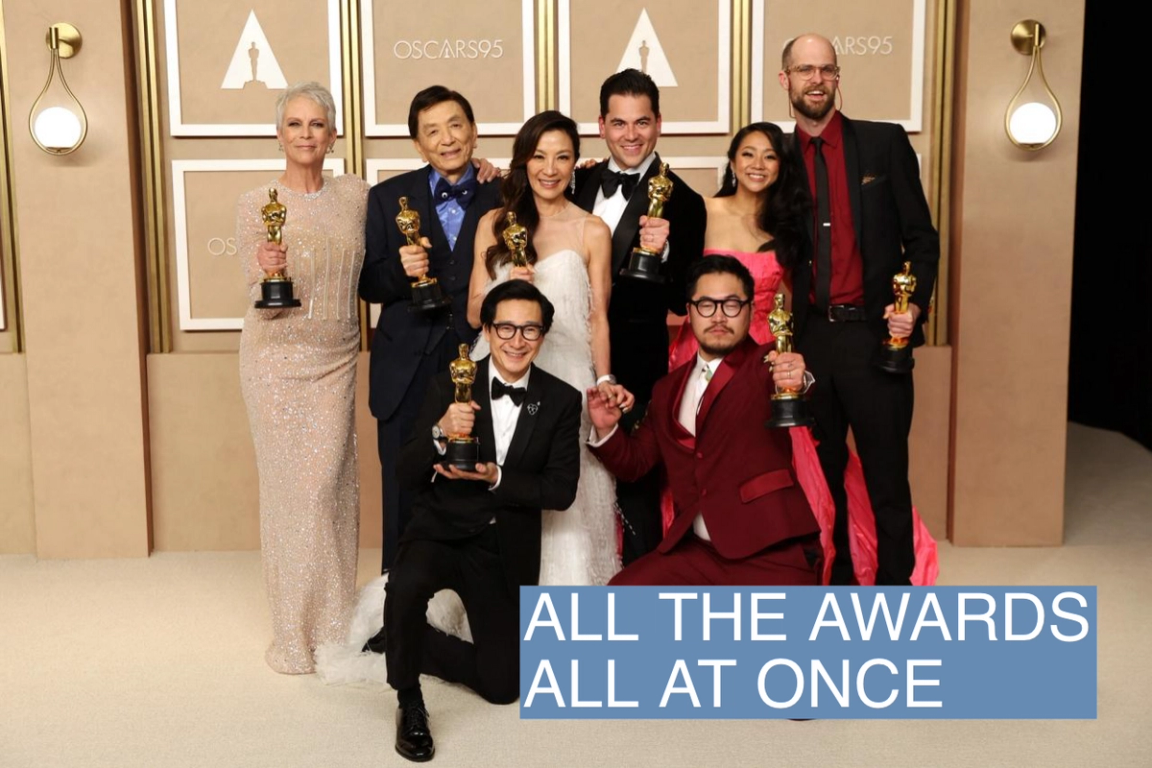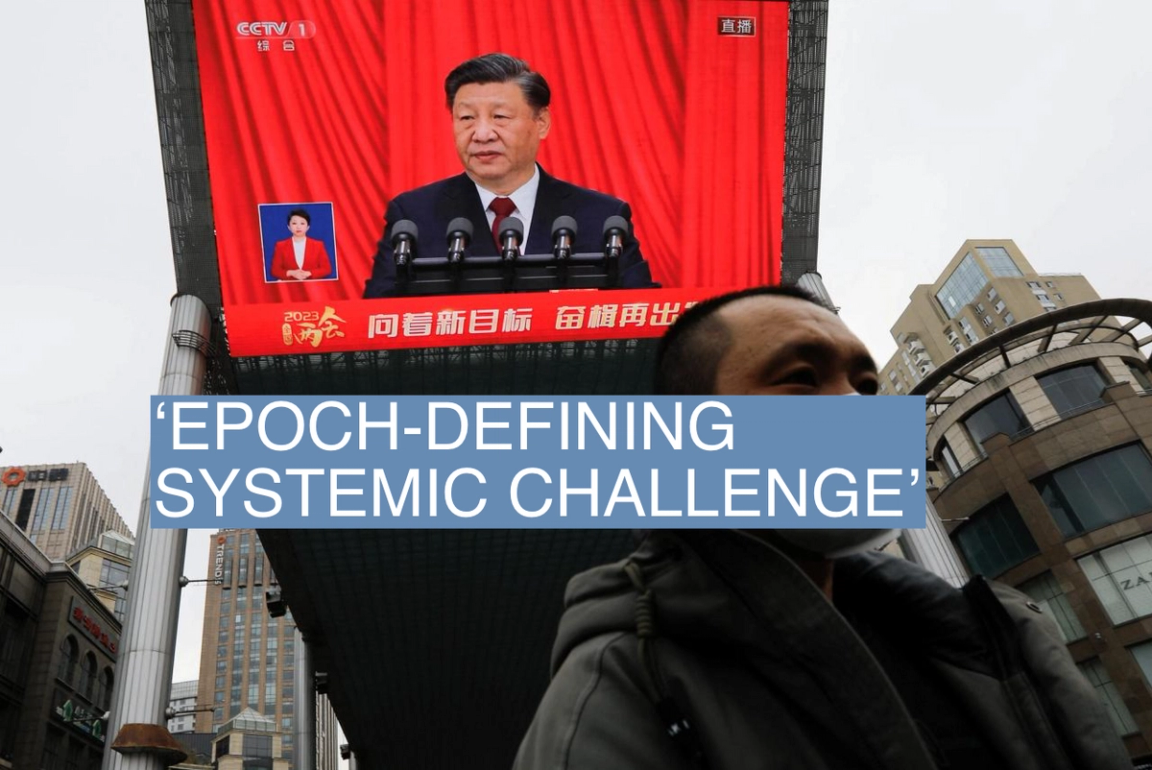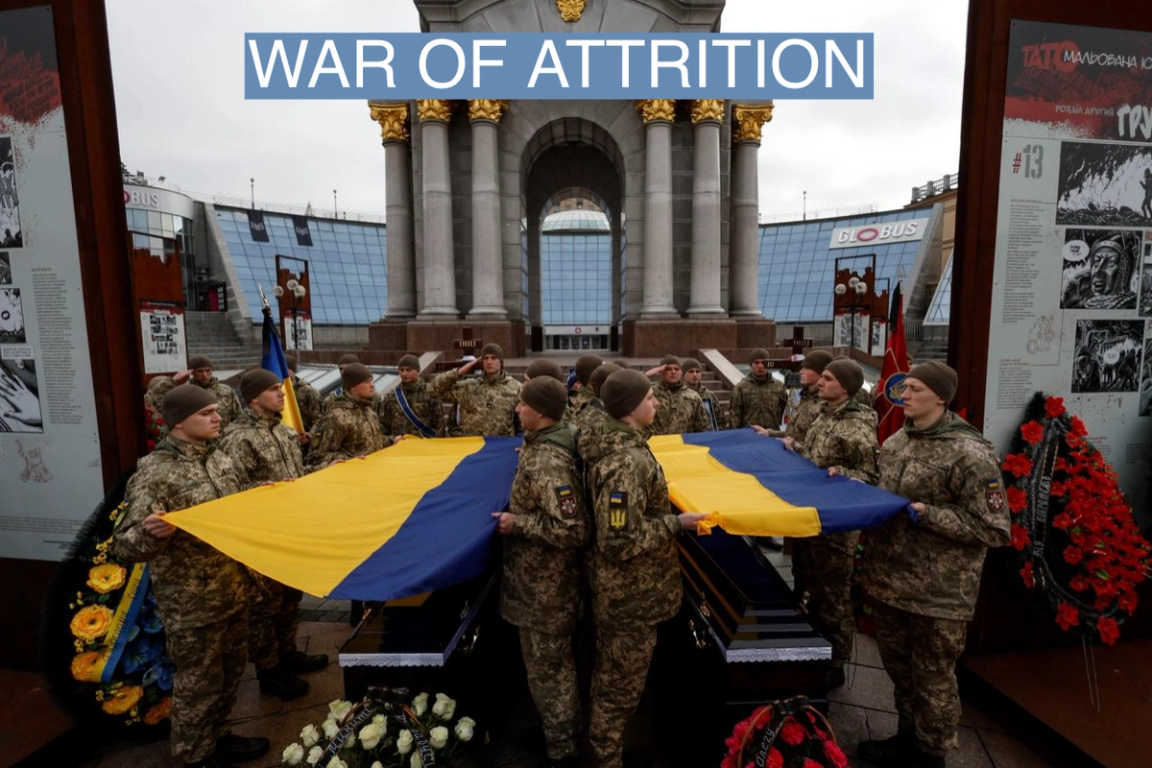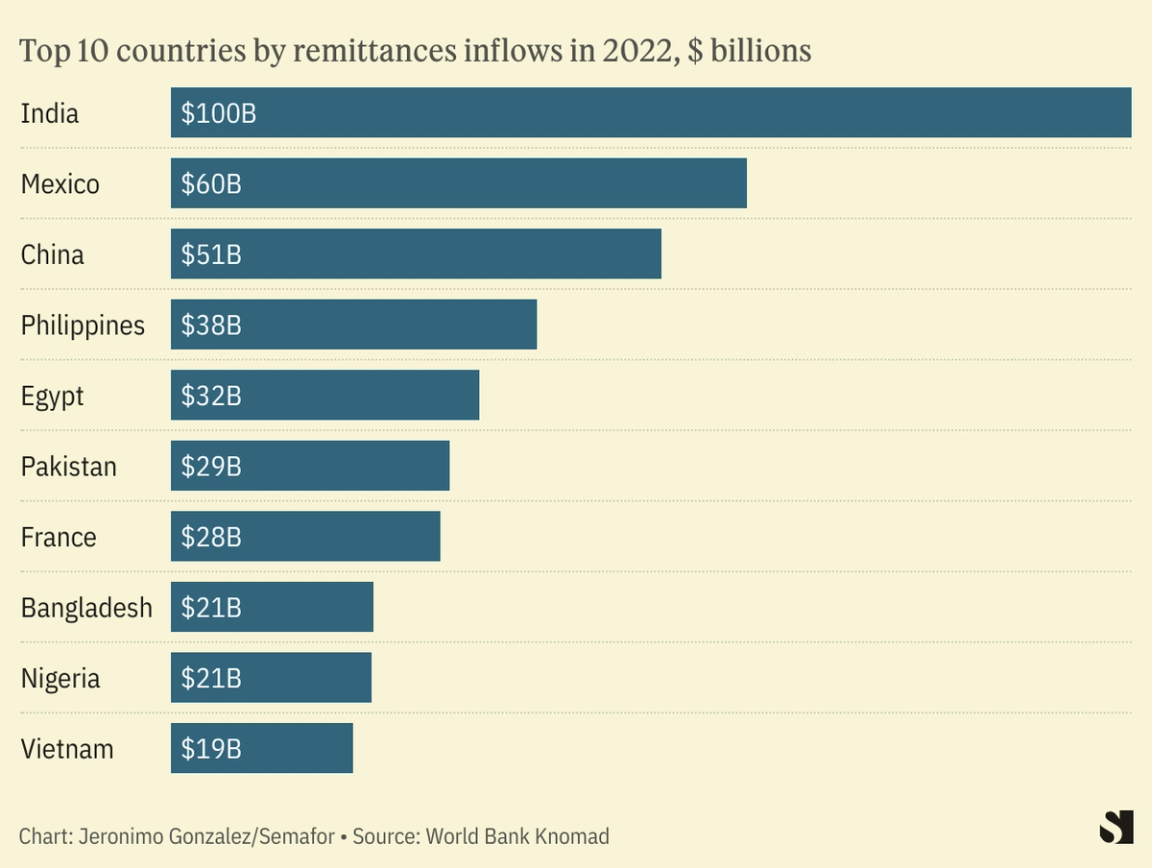 Testing times Columbia University has dropped the SAT, formerly known as the Scholastic Aptitude Test, a standardized test for high school students. Most universities use SATs alongside grade-point averages (GPAs) for admissions. But the tests have been criticized for, like IQ tests, showing racial differences: White and Asian students systematically do better than Black and Latino ones. Critics suggest that this is a reason to remove them, as several U.S. universities have. Freddie deBoer, a writer and former teacher, points out that, yes, SATs are racially stratified. But then “all educational data is racially stratified [because] we have a racially unequal country.” If you remove SATs, most universities are left just with GPAs, which are even more stratified and easier to game. “The people who stand to gain the most from getting rid of the SAT,” says deBoer, “are not poor Black kids but affluent white kids whose parents have the sway in the local school district.” Meating demand It’s been 10 years since the first lab-grown burger was cooked and eaten. It cost $325,000, but still provoked huge excitement and major investment in cultivated meat: Real animal cells, formed into steaks or burgers, but which have never seen an animal. Over the last decade, though, skepticism has grown. Timelines have been pushed back as, year after year, cultivated meat failed to reach the shelves. Robert Yaman, writing in Asterisk, says the challenges are real — it’s hard to scale up from lab-size bioreactors to industrial processes, and even a single microbe can contaminate entire batches, so sterility is vital. But cautious optimism is still possible. Solar power was pronounced dead several times since its invention in the 1960s. But long-term investment, and short-term hybrid business models, meant it never went away, and now it’s on a relentless upward curve. Perhaps in a few decades, we’ll say the same about lab-grown burgers. New Delhi, new tensions For the West, the Russian invasion of Ukraine is the most important story in the world right now. Away from the European Union and the U.S., that’s not quite so true, says the Cairo-based Indian journalist Rohan Venkataramakrishnan. “In terms of morality and having to pick sides,” he writes, it has not “permeated the world quite as much as they wish it had.” But even those countries that didn’t see it as an “epochal event” are finding that the war can’t be ignored. India was looking forward to its moment in the international spotlight, as host of the G20 this year. New Delhi has realized that “tensions between the West and Russia/China over the Ukraine war are threatening to overshadow all the messages that it had hoped to bring to the fore.” |


